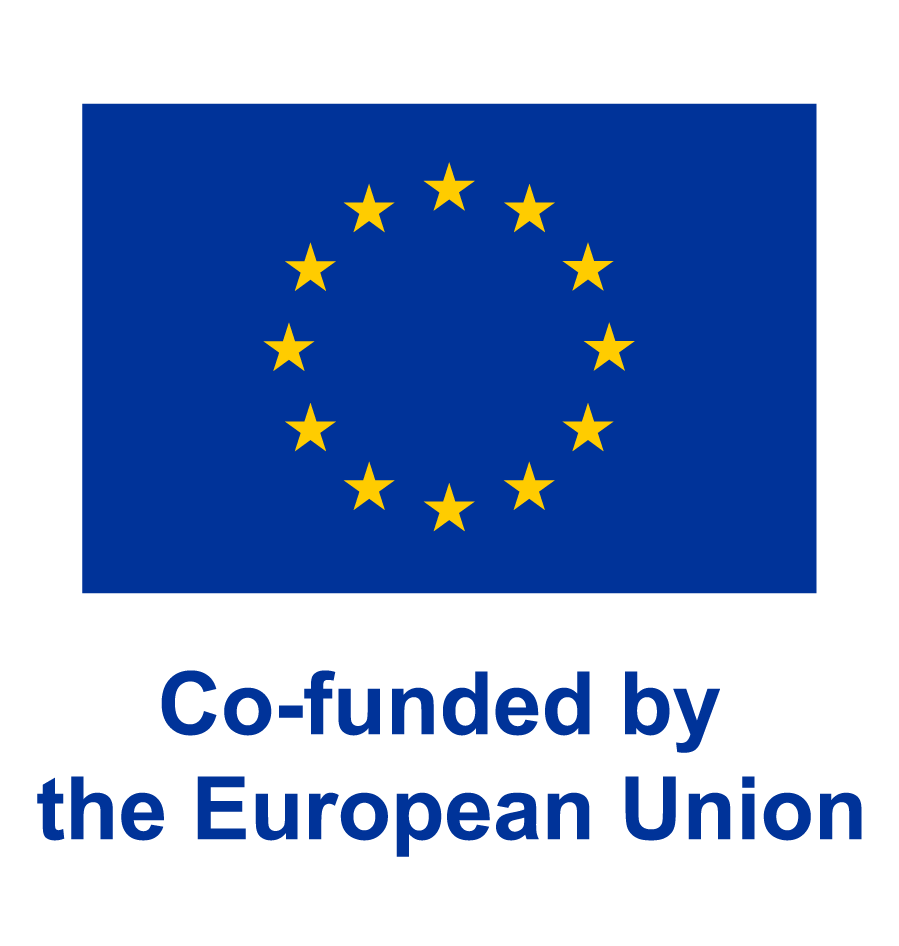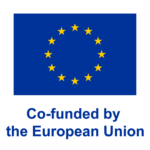eMAMA project aims at building capacity and competences on maternal mental health in Sub Saharan Africa by “Developing Post Graduate Training Programme for Maternal Mental Health,”. The project is coordinated by Turku University of Applied Sciences in Finland. It is implemented in collaboration with nine HEIs from Malawi, Latvia, Zambia, Namibia and Greece. It is funded by European Union’s Erasmus+ Capacity Building in Higher Education programme.
As with any project, effective financial management, monitoring, and reporting is essential for executing and accomplishing project goals and objectives.
eMAMA project financial management and reporting
Project financial management, also known as project accounting, manages the financial aspects of a project, including its expenses and revenue. Each participating institution has a finance officer in charge of project’s funds. The Officer is responsible for the systematic monitoring and control of financial resources within the project framework while working with the project lead or manager.
The project Accountant is responsible for managing project budgets, resource allocation, cost control, financial reporting, compliance financial standards and ensuring the project is completed within specified timelines. Effective communication, collaboration, and coordination among project members and stakeholders are crucial for the finance team if they are to achieve good financial management and reporting.
At Blantyre meeting, project managers, finance professionals, and team members discussed ideas and shares experiences relating to the project at large. For finance professionals this was also an opportunity to discuss finance management which was followed up by a Zoom meeting on 18th March 2024 discussing project financial reporting.
Financial reporting involves preparing and disseminating financial statements to stakeholders, providing transparency and accountability for project finances, comparing funds received against eligible costs, and establishing remaining funds. The eMAMA project guidelines state that eligible costs are those anticipated in the budget, incurred in connection with the action and necessary for project implementation. Payments that are identifiable, verifiable, recorded in the accounting records of the beneficiary and those that are paid in compliance with requirements of applicable tax and national legislation or regulation.
Most partners expended on staff costs, travel, lodging, equipment, and other project-related expenses, particularly Malawian institutions who participated in the Blantyre consortium meeting.
Documenting and maintaining supporting documentation is crucial for effective project financial management and reporting, as supporting documents provide evidence of the activities implemented and costs incurred. Mostly, reporting is done using spreadsheets where costs are also tracked and recorded
eMAMA project budgeting
A budget is a guide and tool to anticipating and estimating expenditures that the project will incur translated in financial terms. It guides implementors on activities and costs to carry. It is the duty of project leads, managers, and accountants to ensure that expenditure and activities carried out in the implementation process are budgeted during the design phase and that expenditure is exclusively for the purposes of the project. eMAMA uses co-funding budgeting with beneficiary institutions, allowing expenditures to be exclusively for project purposes.
Challenges faced
The project in Malawi incurred costs not explicitly stated in the budget, including costs for hosting a consortium meeting in Blantyre. The Malawi currency’s 44% depreciation in November 2023 increased costs, affecting the budget and implementation process.
Way forward
To ensure that the project achieves its goal there is need to constantly monitor and control costs. The implementation process can only be enhanced if the finance and administration team are vibrant in supporting the process. There is also need for constant engagement and communication of team members as the Blantyre meeting also highlighted the importance of constant collaboration between teams to effectively share ideas and expertise in different areas.
Written by Amon Michael Dzonzi,
Senior Assistant Finance Officer
The Catholic University of Malawi



No responses yet